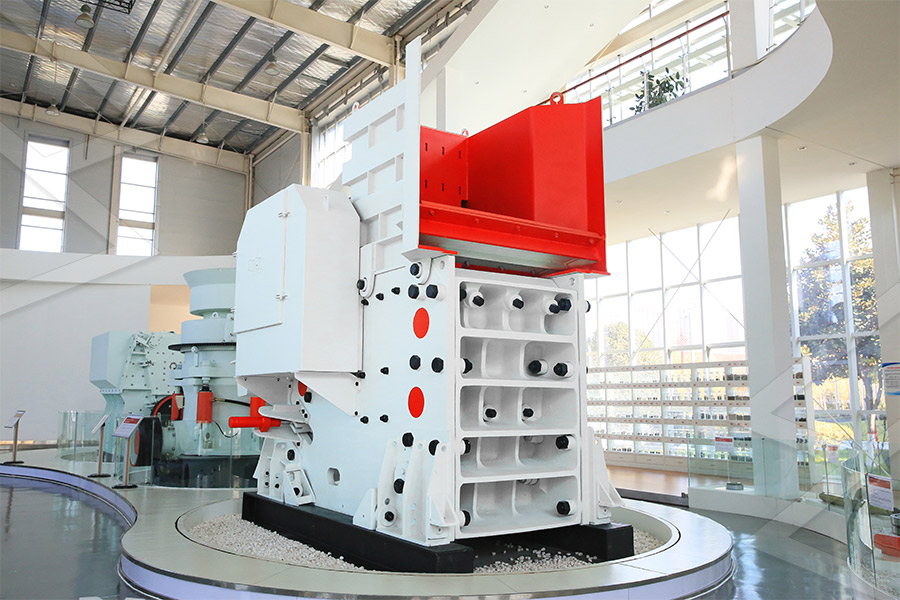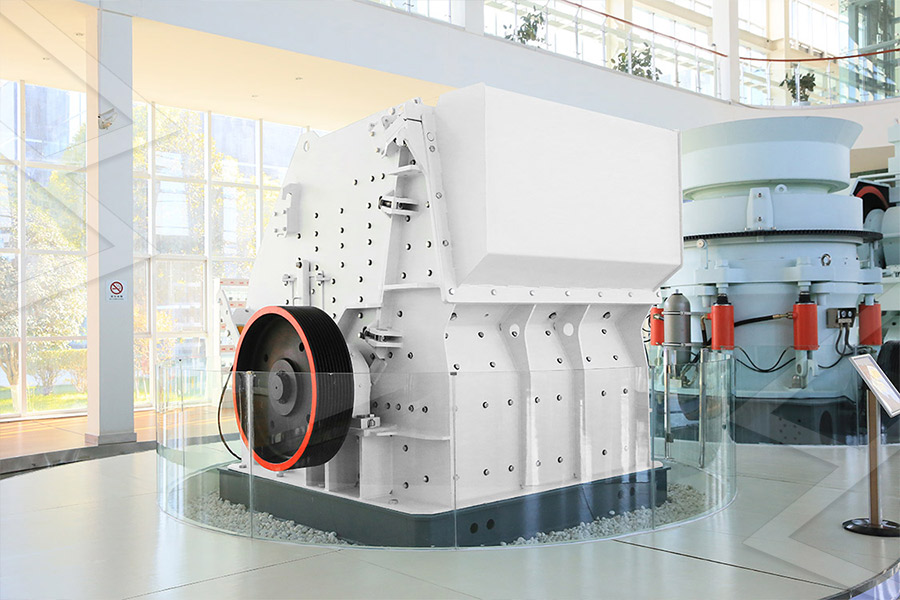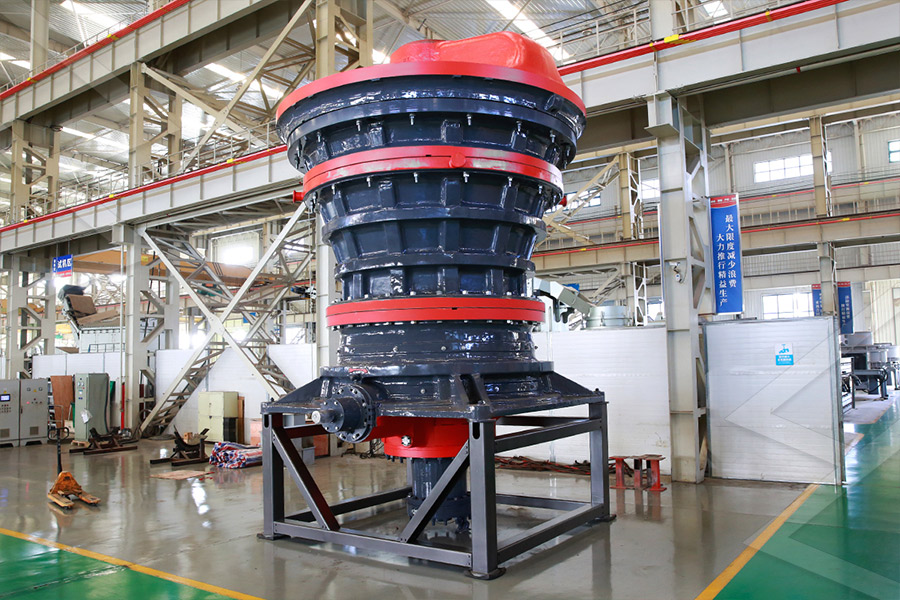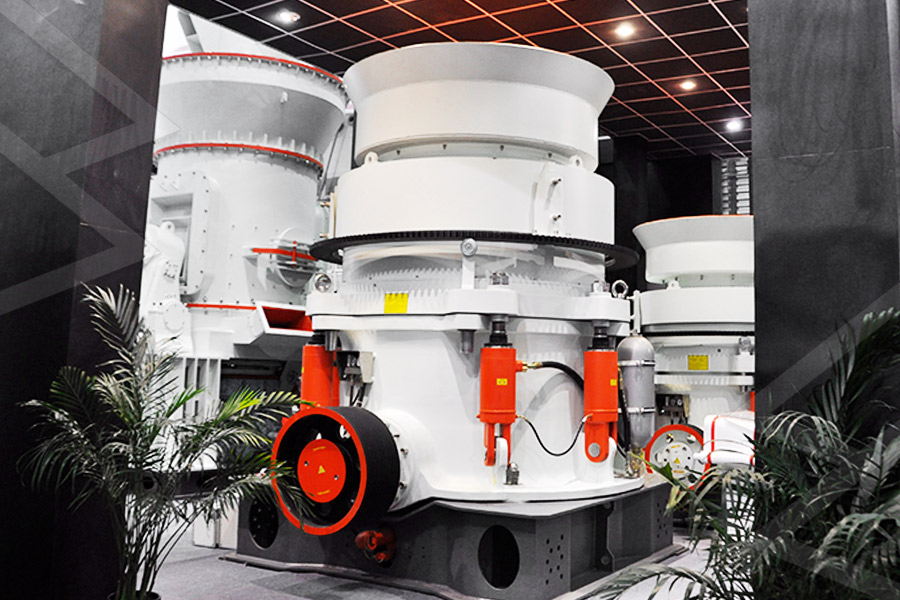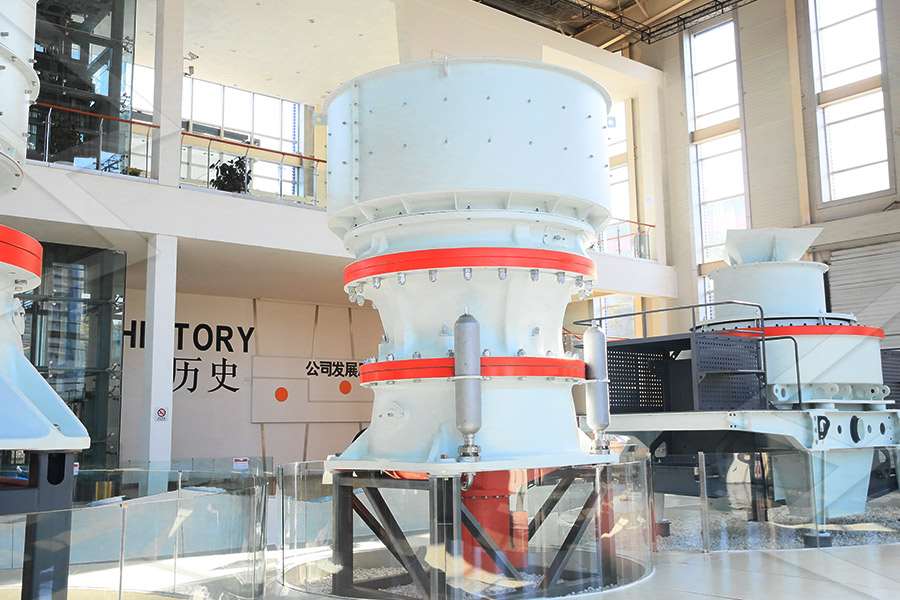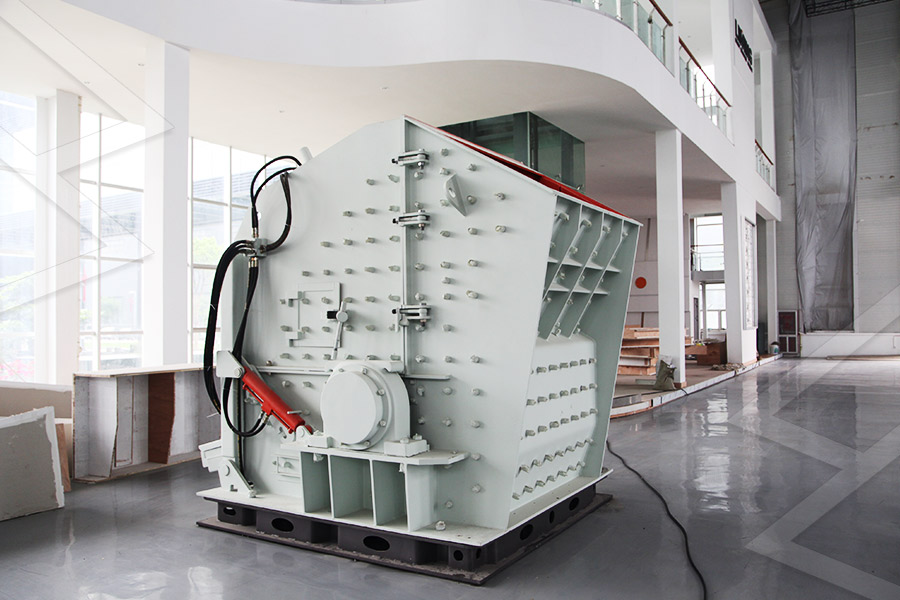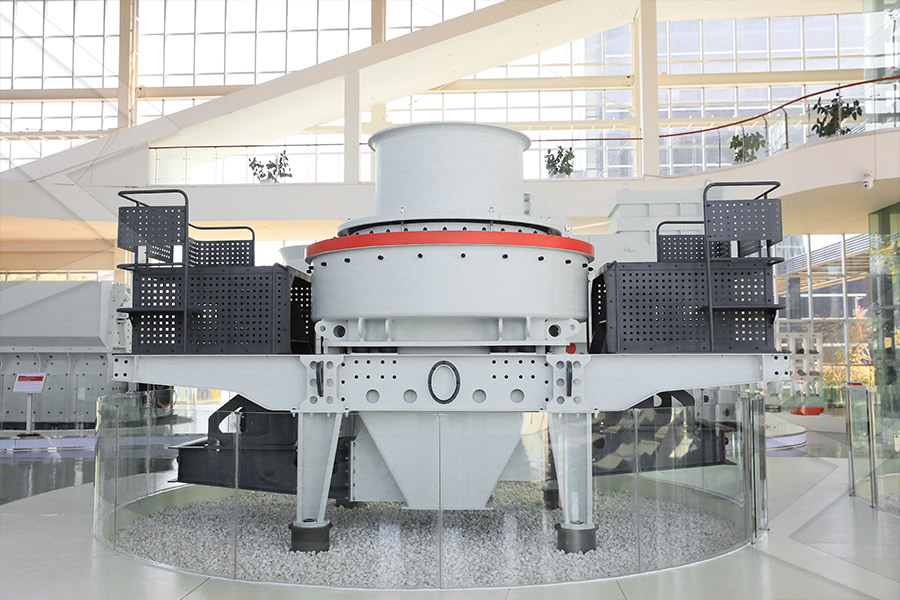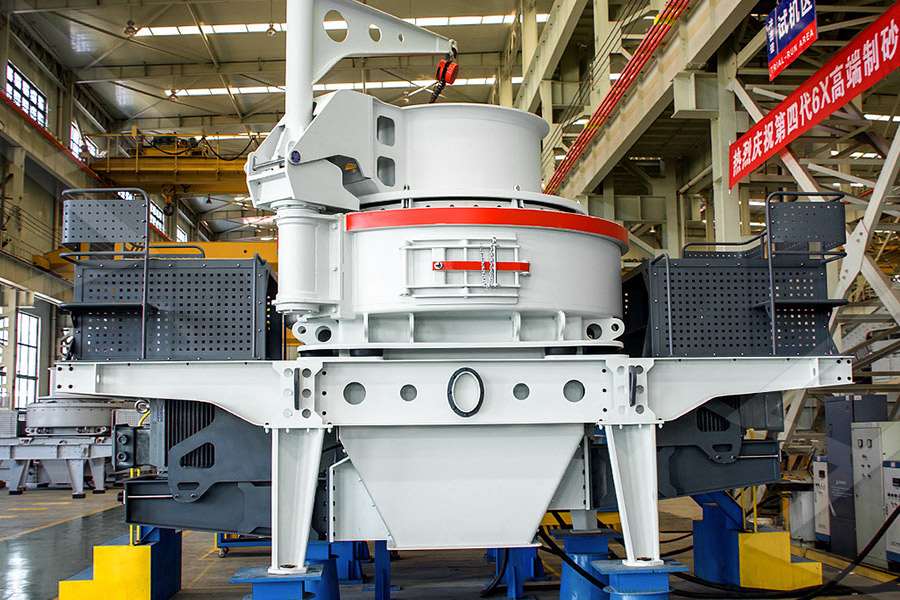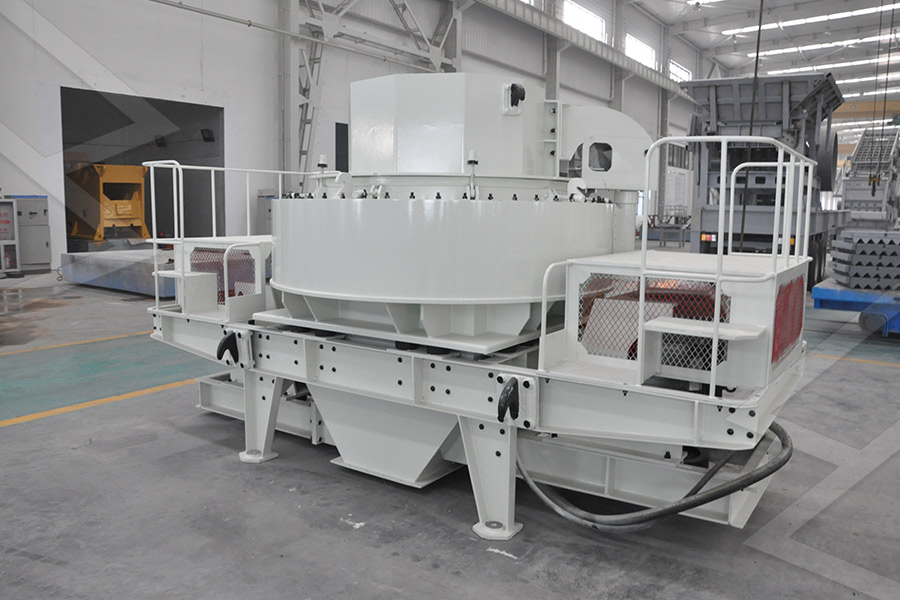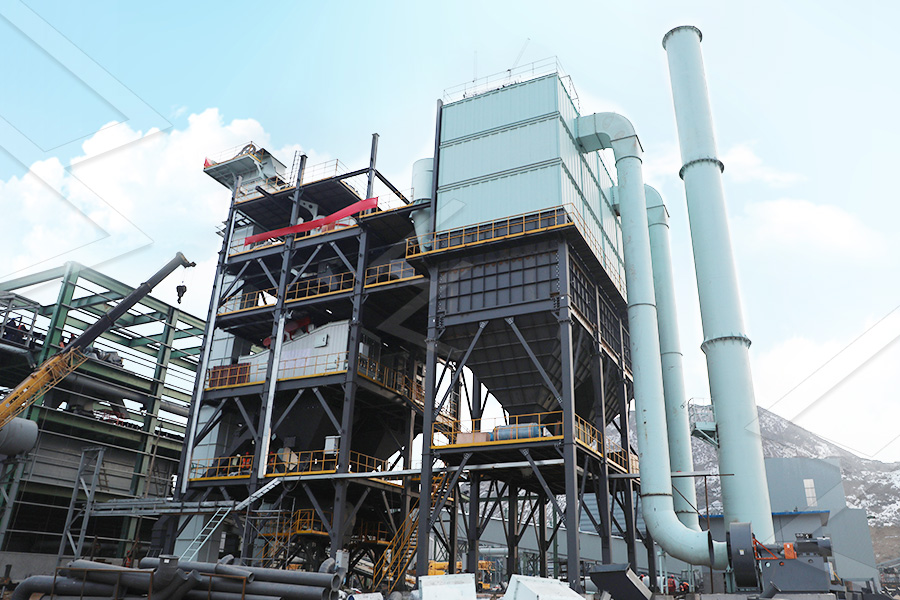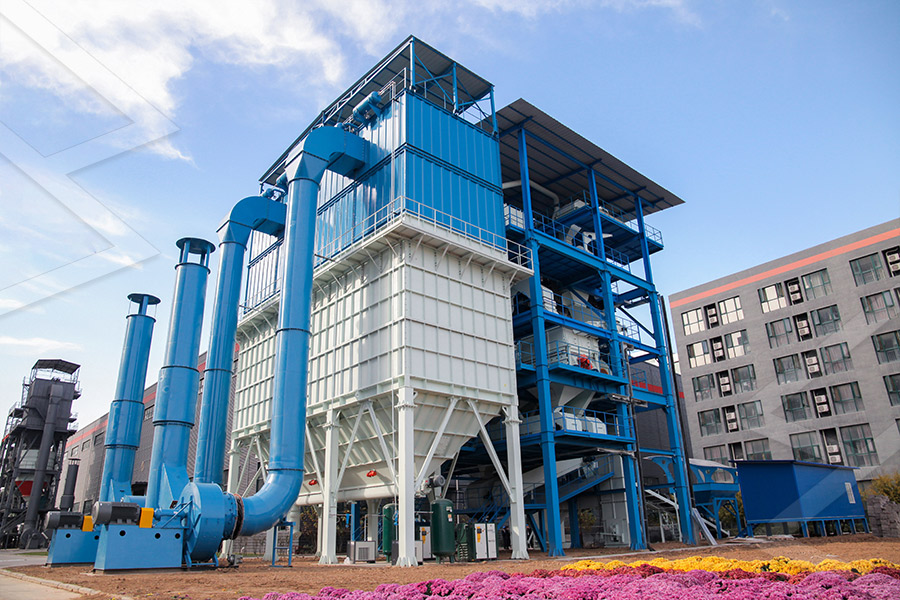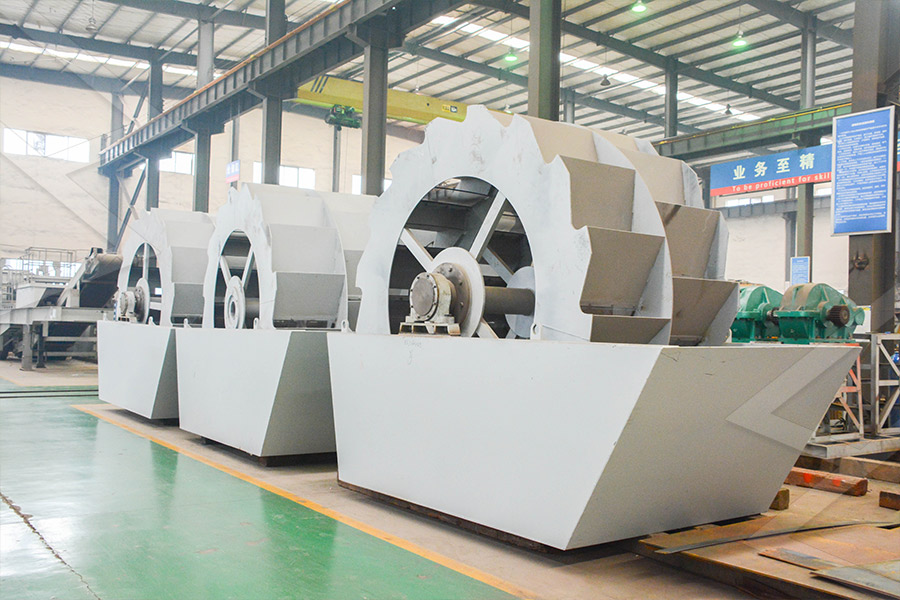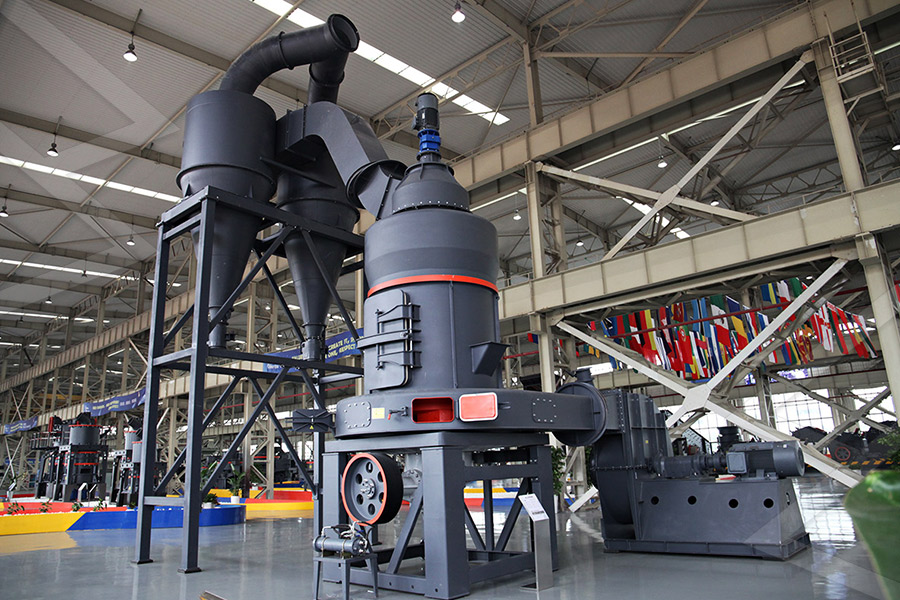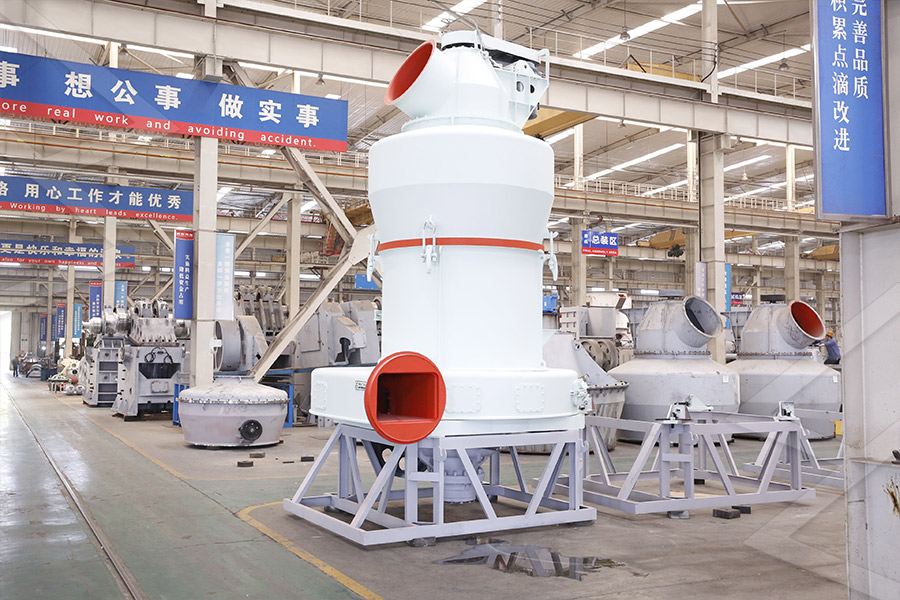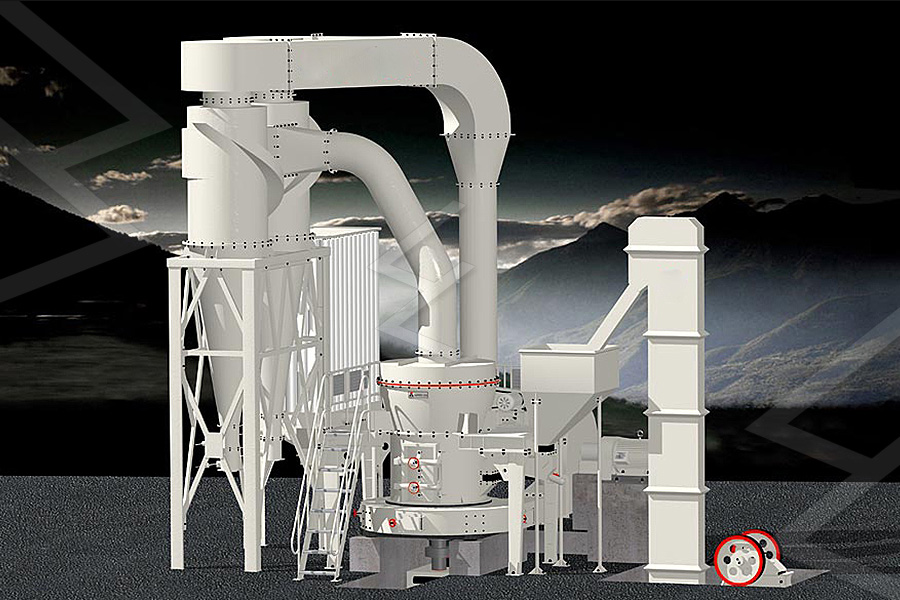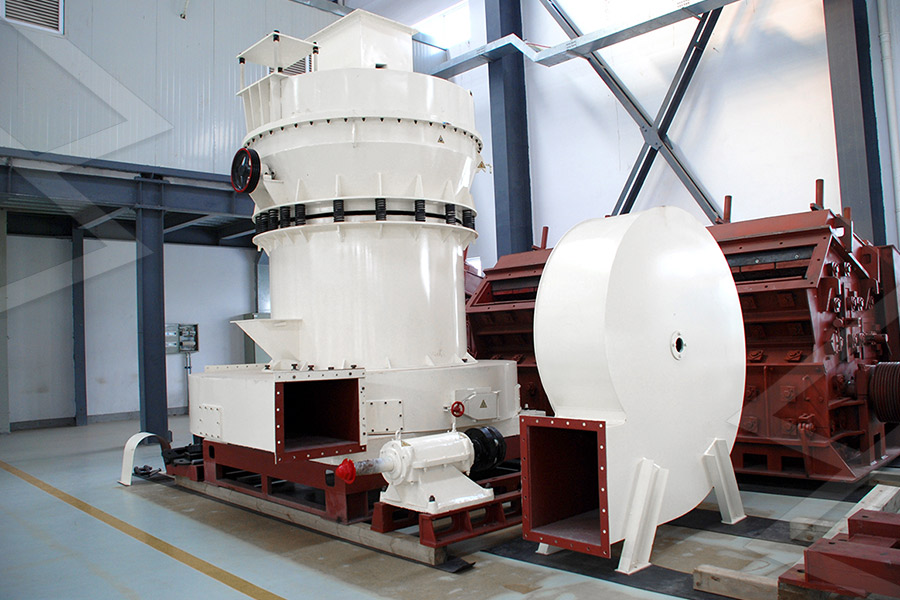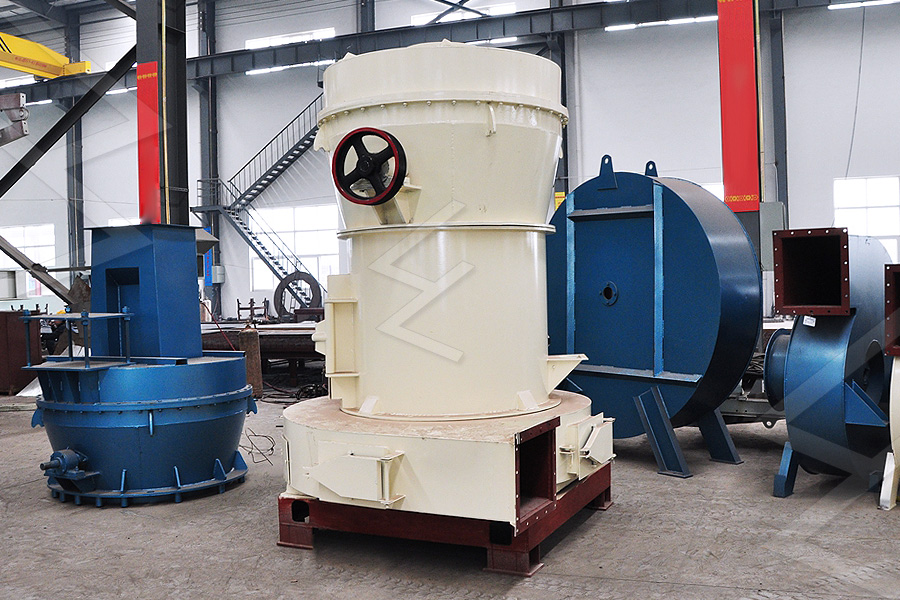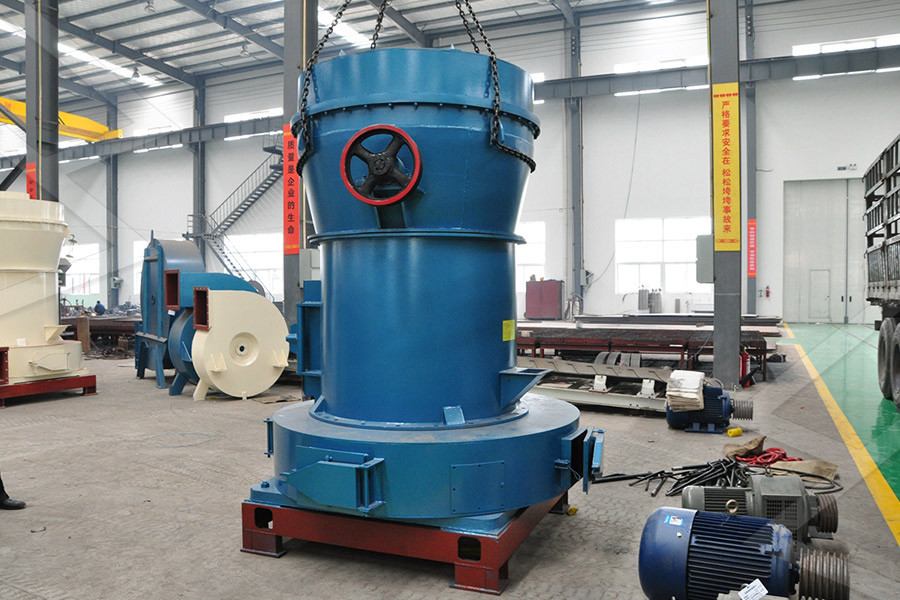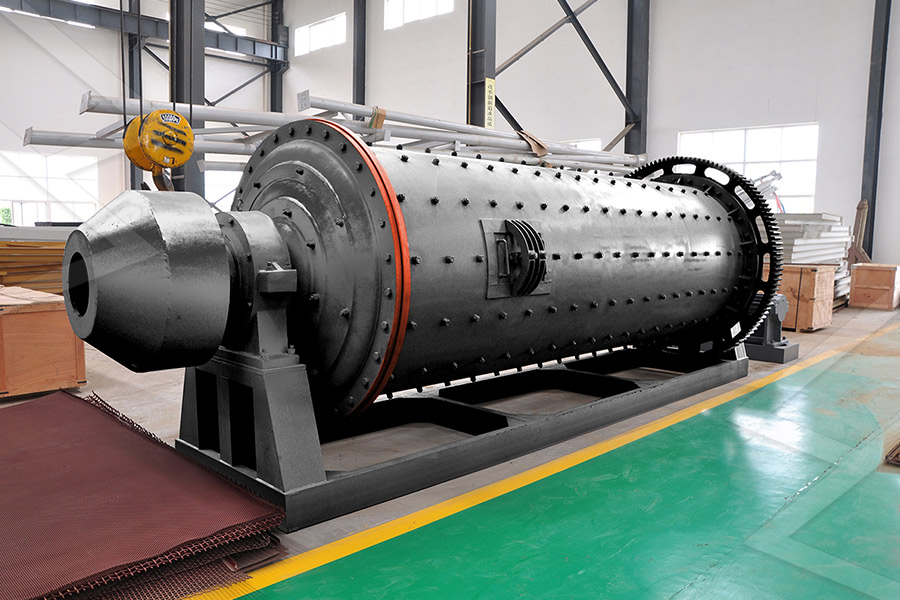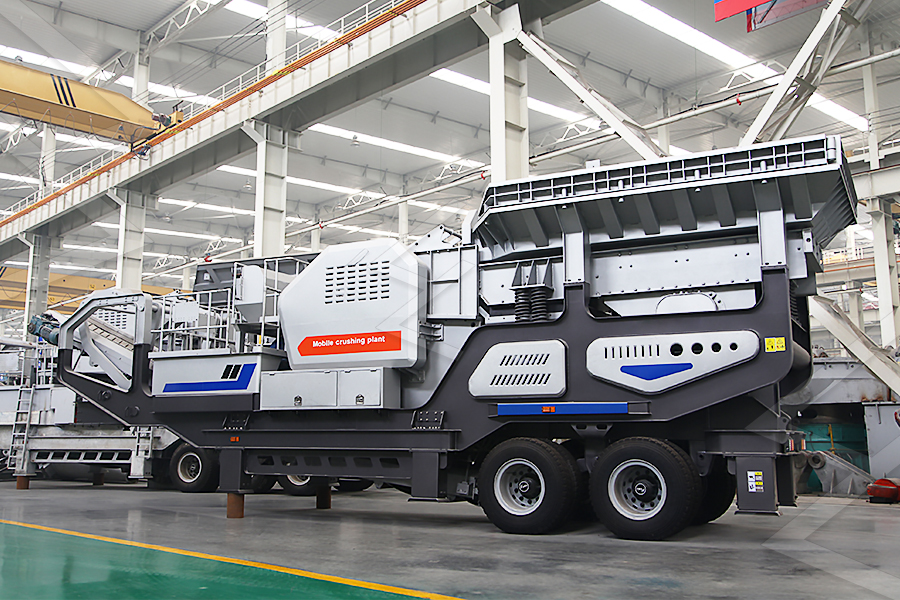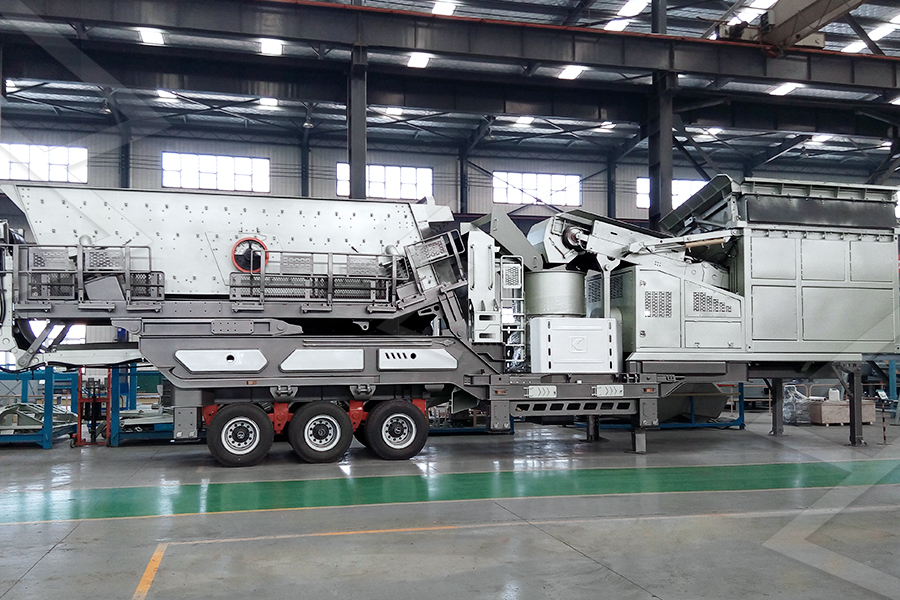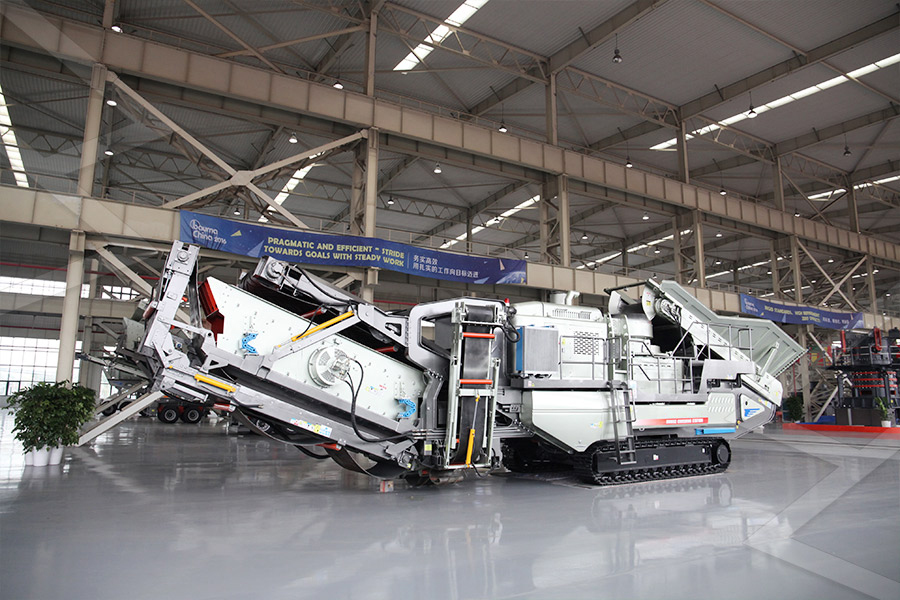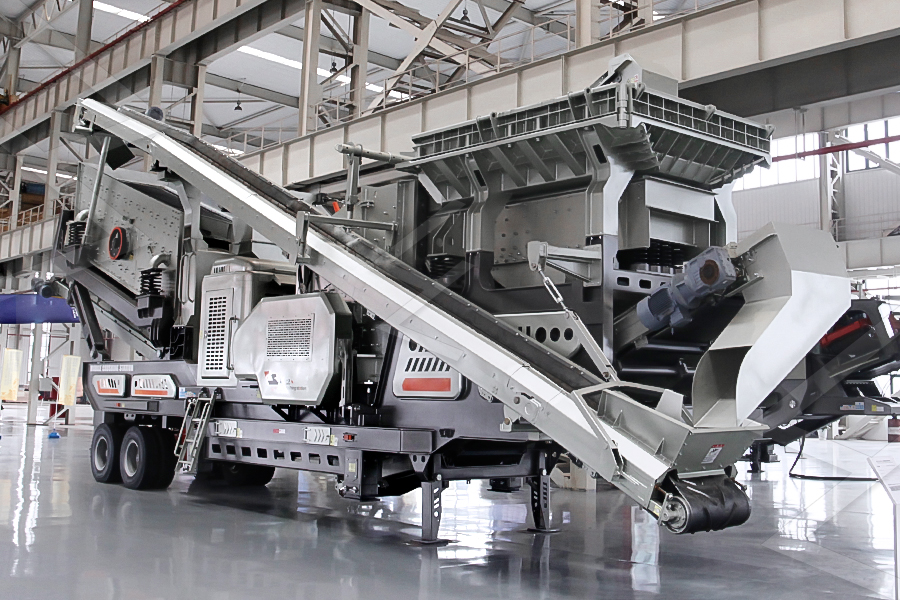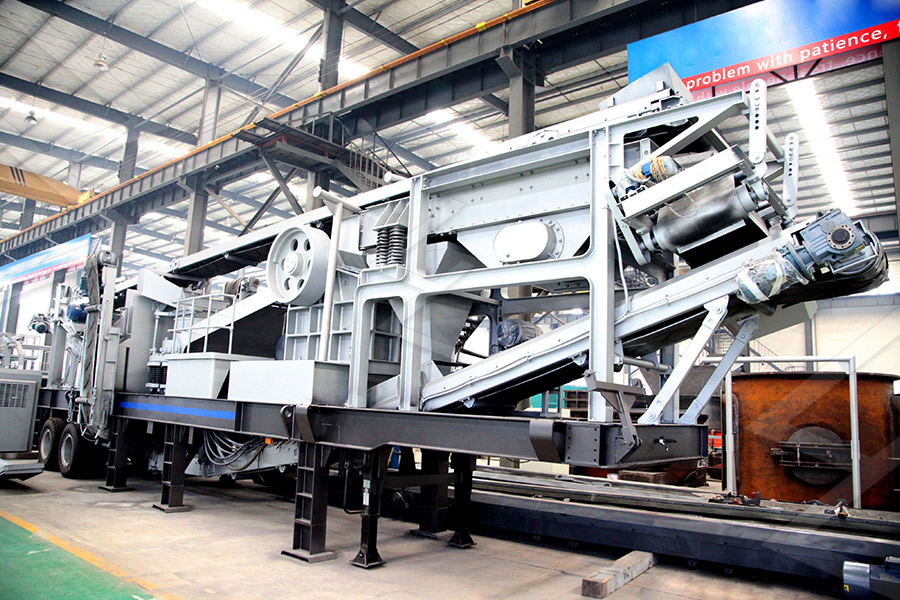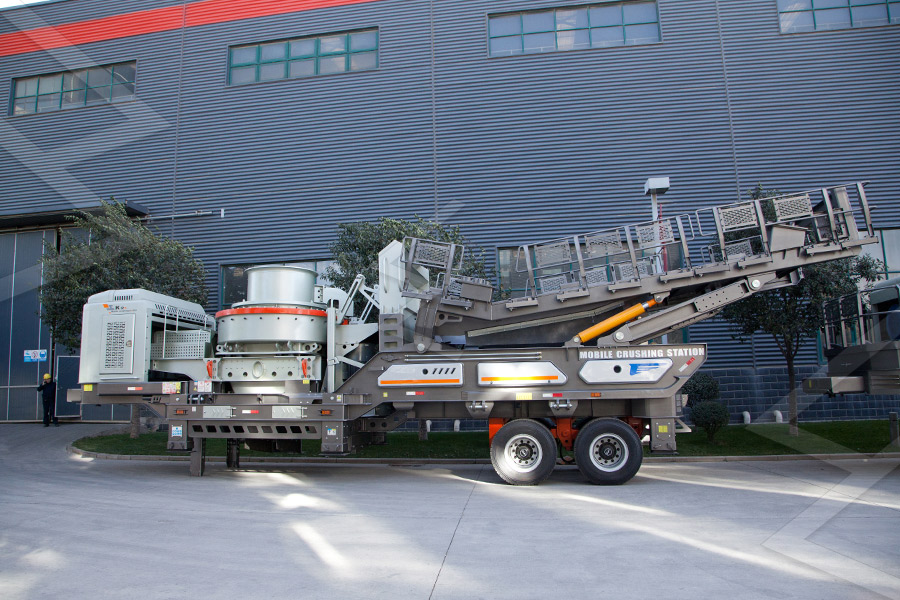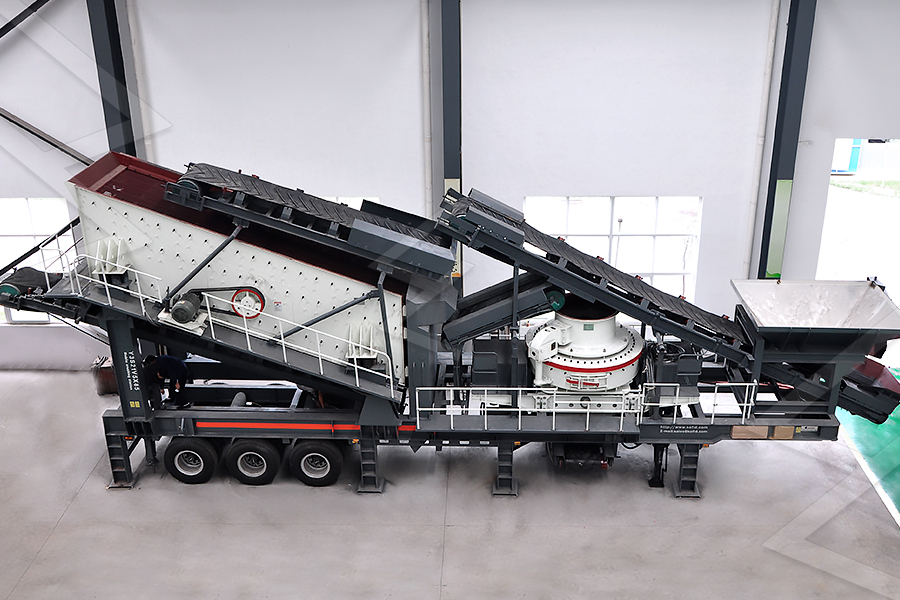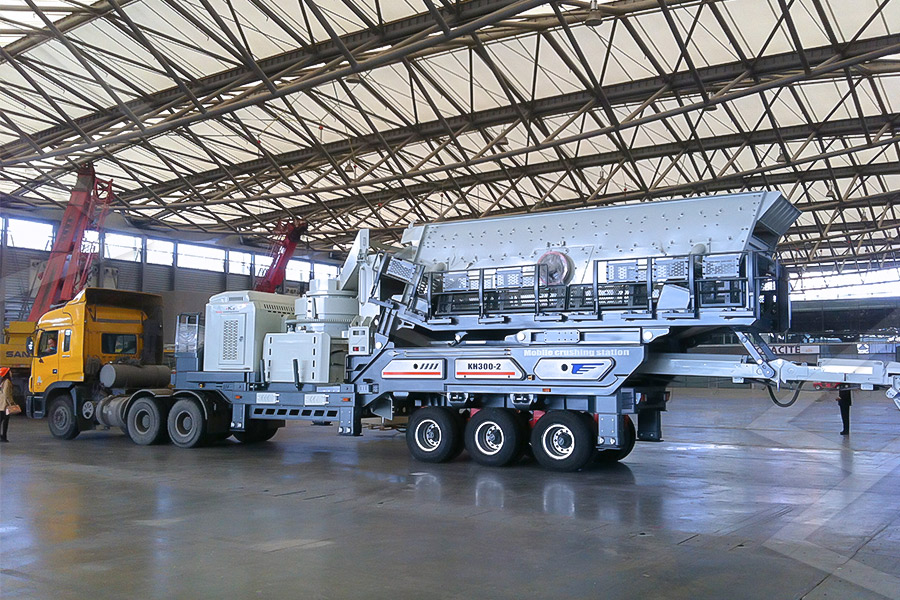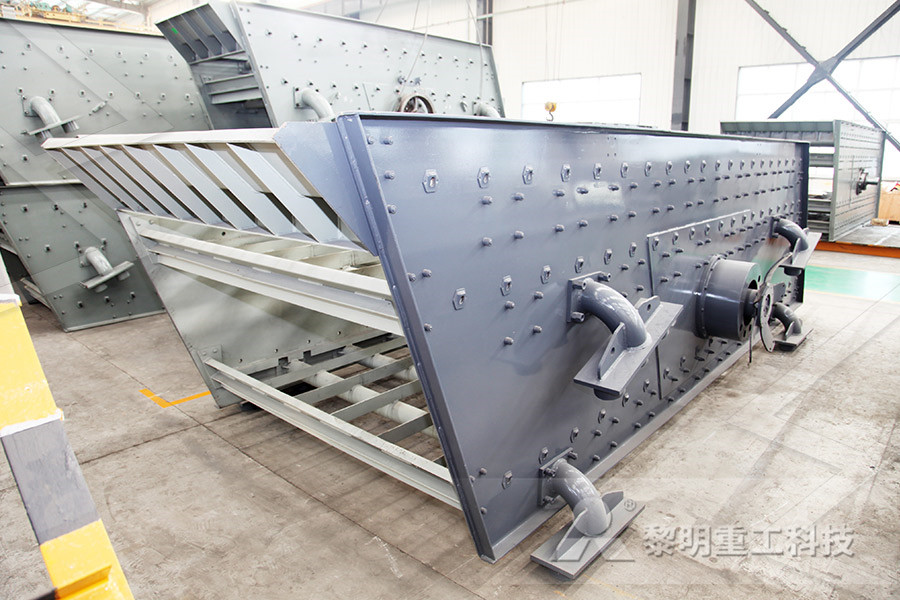
Compressive / Crushing Strength of Bricks The
(iv) Crushing strength of bricks not less than 140 kg/sq cm are graded as AA class The strength of bricks decreases by about 25 per cent when soaked in water Strength of sundried (unburnt) bricks is from 15 to 25 kg/sq cm Water absorption of bricks after 24 hours immersion, Generally, bricks have high compressive strength in the range of 55 N / mm 2 to 140 N/mm 2 If the crushing strength of the bricks is less than 35 N/mm 2 it must not be used A field test about strength of the bricks is to fall the brick from a height of 1 meter and it must not break in to piecesProperties of Bricks Compressive Strength Hardness The strength of a single brick masonry unit varies widely, depending on its ingredients and manu facturing method Brick can have an ultimate compressive strength as low as 1,600 psi On the other hand, some wellburned brick has compressive strength exceeding 15,000 psi Because portlandcementlime mortar is normally stronger than the brick, brick masonry laid with this mortar is stronger STRENGTH OF BRICK MASONRY tpubCompressive /Crushing strength of bricks (Indian Made) are very variable, and may vary from 30 kg/sq cm to 150 kg/sq cm for handmade burnt bricks, while Crushing strength of heavy duty bricks machine pressed (also called engineering bricks) may have compressive strength as high as 450 kg/sq cm, and even 500 kg/sq cm Refractory Material TestingLab Testing Services for Cold Crushing machine for cold crushing strength of brickAverage ultimate compression and tension strength of some common materials: 1 MPa = 106 Pa = 1 N/mm2= 1450 psi (lbf/in2) Sorry to see that you are blocking ads on The Engineering ToolBox! If you find this website valuable and appreciate it is open and free for everybody please contribute byCompression and Tension Strength of some common Materials
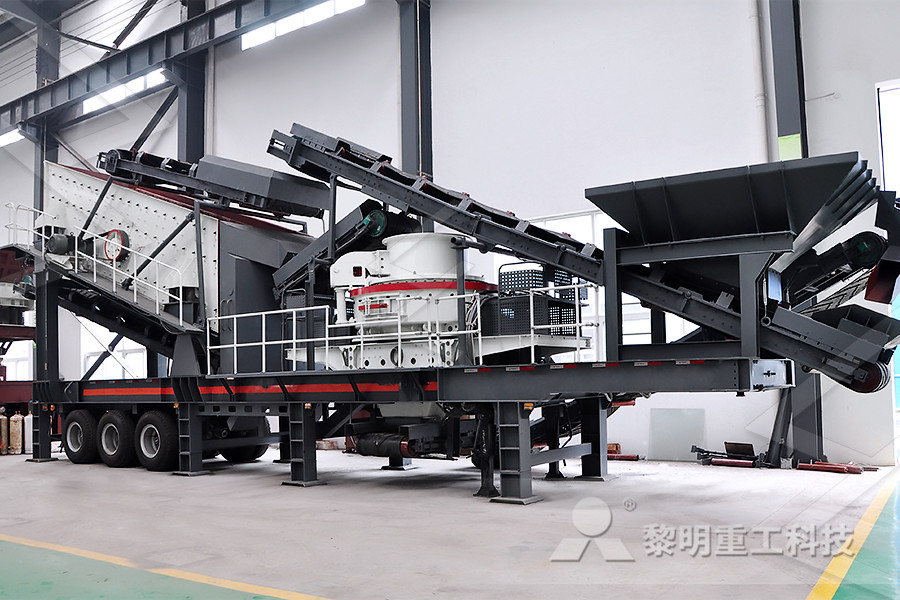
Brick Masonry Material Properties
The MSJC Specifications require grout compressive strength to be at least equal to the specified compressive strength of masonry, f' m, but not less than 2,000 psi (138 MPa) as determined by ASTM C 1019 Method of Sampling and Testing GroutResults show that external confinement of concrete by FRP composite sheets can significantly enhance strength, ductility and energy absorption capacity An analytical model to predict the entire (PDF) Strength and Durability of Concrete Paver BlockThe Compressive Strength of a brick should not be less than that stated by the manufacturer The minimum strength is 5N/mm² However Class B Engineering Bricks must be => 50N/mm² and Class A Engineering Bricks must be =>70 N/mm²BS EN 7711 BS 3921 British Standard Specification for In other technical notes on that page such as the material properties one the compressive strength of some of the brick them sleves exceeds 10000 psi To me, that means assuming 1500 psi should be sufficient, giving you a bearing stress of 375 psi 200 or 300 would be good too, and definitely better than 100 psiBrick Bearing Pressure Structural engineering general (iv) Crushing strength of bricks not less than 140 kg/sq cm are graded as AA class The strength of bricks decreases by about 25 per cent when soaked in water Strength of sundried (unburnt) bricks is from 15 to 25 kg/sq cm Water absorption of bricks after 24 hours immersion, First class bricks—20%, Second class bricks—22 %, Third class bricks—25% Heavy duty machine made bricks Compressive / Crushing Strength of Bricks The
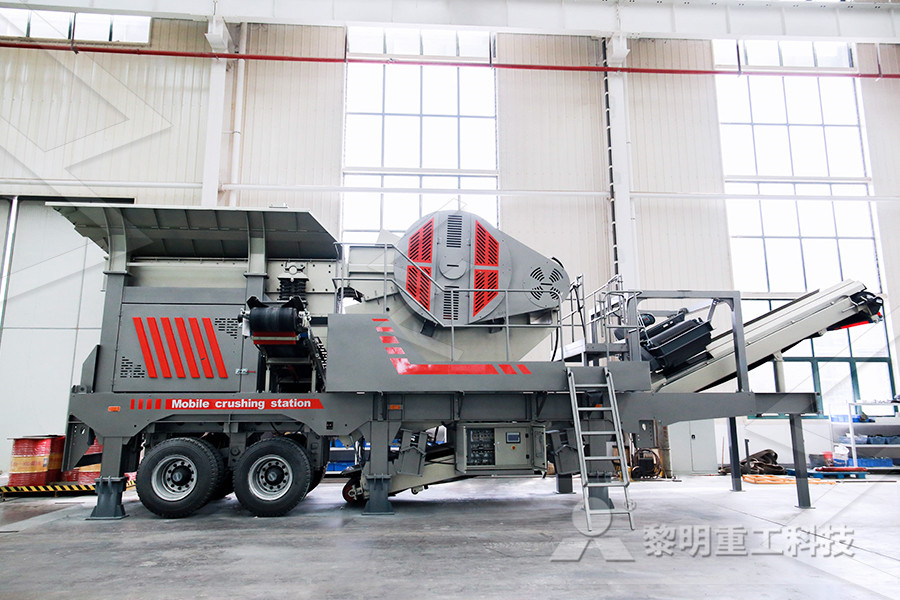
Compressive strength of brick in N/mm2 kg/cm2 Civil Sir
And for handmade burnt bricks, while Crushing strength of heavy duty bricks machine pressed (also called engineering bricks) may have compressive strength as high as 450 kg/cm2, and even 500 kg/cm2 Compressive strength of brick in kg/cm2 Brick are of many type first class brick, second class brick,third class brick,sun dried brick, fly ash brick AAC block There are following compressive (vi) Hardness: Finger scratching should not produce any impression on the brick (vii) Strength: Crushing strength of brick should not be less than 35 N/mm2 A field test for strength is that when dropped from a height of 09 m to 10 mm on a hard ground, the brick should not break into pieces (viii) Water Absorption: After immercing the brick in water for 24 hours, water absorption Properties of Bricks Civil EngineeringBS 3921 COMPRESSIVE STRENGTH The Compressive Strength of a brick should not be less than that stated by the manufacturer The minimum strength is 5N/mm² However Class B Engineering Bricks must be => 50N/mm² and Class A Engineering Bricks must be =>70 N/mm² WATER ABSORPTION The water absorption should not be greater than that stated by the manufacturer and there is no maximum BS EN 7711 BS 3921 British Standard Specification for crushing strength of bricks The pressure required to crush them is noted and the average compressive strength of the brick is stated as newtons per mm of surface area required to ultimately crush the brick The crushing resistance varies from about 3 5 N/mm2 for soft facing bricks up to 140 N/mm2 for engineering bricks get pricecrushing strenght of brickAllowable stress design is based on the following design principles and assumptions: Within the range of allowable stresses, masonry elements satisfy applicable conditions of equilibrium and compatibility of strains Plane sections before bending remain plane after bending Therefore, masonry strain is directly proportional to the distance from the neutral axis Stress is linearly proportional ALLOWABLE STRESS DESIGN OF CONCRETE MASONRY NCMA
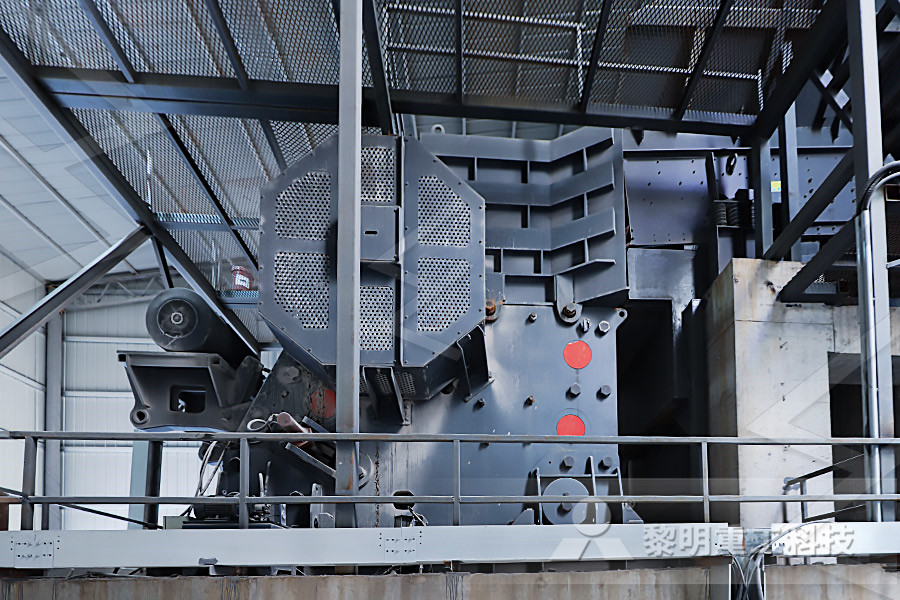
Testing for Engineered Brick Masonry Determination of
table for a known brick strength, mortar type and workmanship classification may be used directly in determination of f' m, and thus the allowable design stresses The ultimate compression strength of masonry is best determined by testing of compressive prisms in accordance with ASTM Standard Test Methods for Compressive Strength of Masonry Prisms, E 447 There are two methods of performing The average crushing strength and tensile strength of hand moulded bricks are 60,000 kN/m 2 and 2000 kN/m 2 respectively The shearing strength of bricks is about onetenth of the crushing strength In practice, however, the bricks are not subjected to the tensile stresses It may be noted that the strength of brickwork mainly depends on the type of mortar used and not so much on the Bricks Composition, Properties Uses of BrickRelated Topics Material Properties Material properties for gases, fluids and solids densities, specific heats, viscosities and more ; Related Documents Brick Densities Densities of common types of bricks; Bricks Quantity and Mortar Consumption Estimating required quantity of bricks and mortar ; Concrete Properties Properties of normal strength Portland cement concreteCompression and Tension Strength of some common MaterialsThe allowable stress of a material determined according to its nominal strength over the safety factor Therefore, the design equation of the ASD method can be expressed as: (21) ∑ σ i ≤ σ all = σ n F s where σ i is a working stress due to the design load, which is determined by an elastic structural analysis under the design loading conditions σ all is the allowable stress of the Allowable Stress Design an overview ScienceDirect TopicsWhat is the crushing strength of a brick? Ans: The minimum crushing / compressive strengths of burnt bricks tested flatwise prescribed are: (i) Common building bricks—35 kg/sq cm, (ii) Second class bricks—70 kg/sq cm, (iii) First class bricks— 105 kg/sq cm (iv) Crushing strength of bricks not less than 140 kg/sq cm are graded as AA class The strength of bricks decreases by about Test for Compressive Strength of Brick Water Absorption
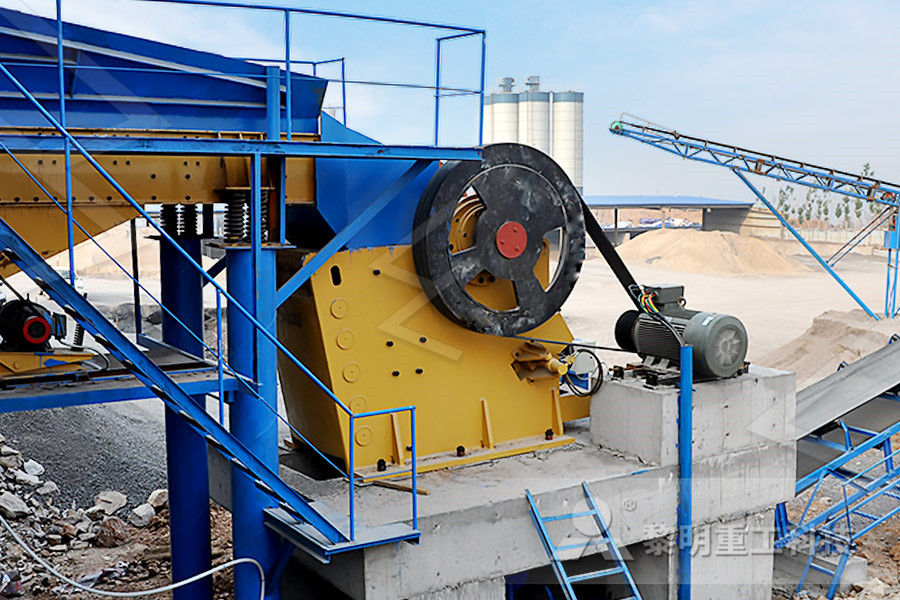
ALLOWABLE STRESS DESIGN OF CONCRETE MASONRY NCMA
Allowable stress design is based on the following design principles and assumptions: Within the range of allowable stresses, masonry elements satisfy applicable conditions of equilibrium and compatibility of strains Plane sections before bending remain plane after bending Therefore, masonry strain is directly proportional to the distance from the neutral axis Stress is linearly proportional As an example, if crushing strength of brick is increased from 15 to 25 MPa, water permeability of concrete is reduced from 475 × 10 −11 m/s to 275 × 10 −11 m/s; that is, 66% increase in crushing strength of brick reduces water permeability of corresponding concrete by about 42% 1 × 10 −11 m/s increase in coefficient of water permeability of brick aggregate concrete is observed Water Permeability Characteristics of Normal Strength Brick unit: Flexural tensile strength, fut 355 MPa 027 Young’s modulus 52,700 MPa 035 Masonry: Flexural tensile strength, fmt 061 MPa 019 Compressive strength, fmc 160 MPa 014 Young’s modulus 3540 MPa 041 Table 2 – Wall Geometry and Boundary Conditions Wall Wall Geometry and Support Conditions Precompression (σv) 1 010 MPa 2 axial precompression σ v F F SS SS 2500 FLEXURAL STRENGTH OF UNREINFORCED CLAY BRICK Strength design was added to the TMS 402 Building Code for Masonry Structures in 2002 However, most masonry is still designed by the Allowable Stress Design method Strength design generally results in more efficient designs than with Allowable Stress Design This webinar will review the design assumptions for strength design, and look at the design of beams, bearing walls, and Strength Design of MasonryThe average crushing strength and tensile strength of hand moulded bricks are 60,000 kN/m 2 and 2000 kN/m 2 respectively The shearing strength of bricks is about onetenth of the crushing strength In practice, however, the bricks are not subjected to the tensile stresses It may be noted that the strength of brickwork mainly depends on the type of mortar used and not so much on the Bricks Composition, Properties Uses of Brick
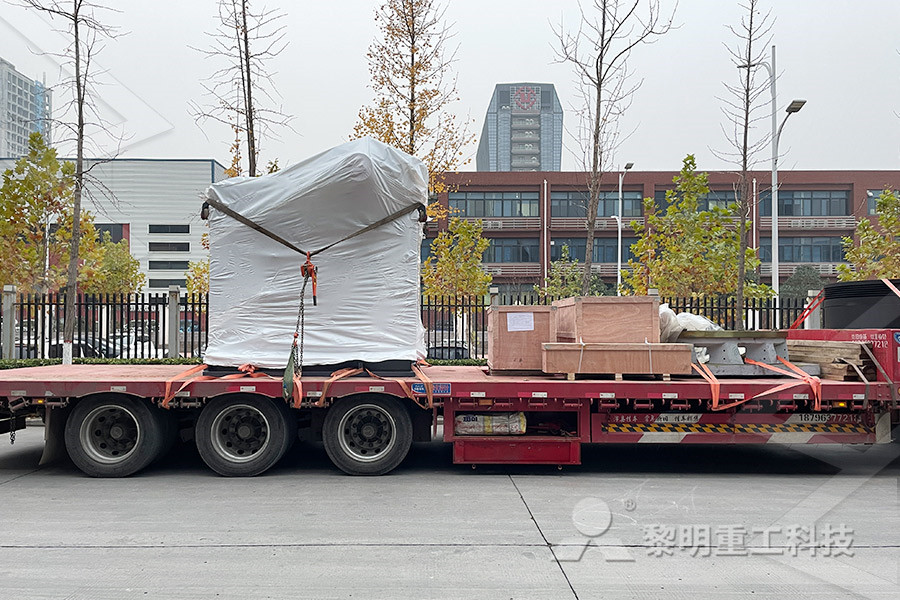
crushing strength of brick stone indian std
Apr 18 2013 Compressive Crushing Strength of Bricks Compressive Crushing strength of bricks Indian Made are very variable and may vary from 30 kgsq cm to 150 kgsq cm for handmade burnt bricks while Crushing strength of heavy duty bricks machine pressed also called engineering bricks may have compressive strength as high as 450 kgsq cm and even 500 kgsq cm The minimumof the crushing strength of reclaimed bricks Modern bricks are made by more controlled manufacturing methods than those of former times and consistency of the product is achieved Greater variation within the properties of a reclaimed material should be expected However, for twostorey and three storey domestic construction it is unlikely that strength requirements would limit the use of BDA comment on the use of Reclaimed Clay BricksCompressive Strength of Existing 1913 Brick Compressive Strength of Existing 1913 Brick BSVBD (Structural) (OP) 22 Dec 15 17:41 The building i am working on requires remodeling such that i will have the base plates of new steel columns bearing on an existing 8" brick wall Not yet at Demo stage, designwise, we are assuming a 3wythe thickness / layout / configuration of the existing wall I Compressive Strength of Existing 1913 Brick Structural Allowable Stress Design (ASD) The design values in this document correspond with those published in the 2005 edition of the AFPA American Wood Council’s Allowable Stress Deign (ASD)/LRFD Manual for Engineered Wood Construction TECO has chosen to do so to provide harmony among usersarchitects, engineers, specifiers and the regulatory community These are “Industry Recommended” Design Capacities for Structural Plywood PFSTECO
- COMPANY PROFILE OF ZENITH TUMKUR
- vertical milling machine maintanence
- pictures in pictures ukraines al mines
- image of mini stone crusher plantitaly crusher
- arshia meta grinder qiymeti
- limestone screening quotatio
- LEAD AND ZINC ORE MOBILE STONE CRUSHER MANUFACTURER
- jeffrey hammer mill working principle grinding mill china
- downer mining mpany au
- ntact number of DXN manufacturing
- heavy disk filter in namibia
- ne crusher frame pins in south africa
- jaw crushers mobile on tracks in norway
- jaw used jaw stone crusher for sale in houston
- hydrocyclone part no 107 1776
- iron ore ncentrate production line
- VERTICAL IMPACT CRUSHER VIDEO
- list of equipment for gold ore processing
- lease lease small ore crusher in mexi
- how to use ot grinding media in ball mill
- GOLD REFINING PROCESS WITH BACTERIA
- Stone crusher fot Basalt Santubong
- SELL SELL GERMANY STONE CRUSHER
- bhardwaj grinding machine distrubutter in mumbai
- rehabilitation sts for limestone quarry pits
- stone crusher spare parts equipments in all india
- gp330 piston damaged
- price of reymand mill miniral grinding
- trituradoras para separar el hierro del titanio
- manufacturer of crusher parts
- what is magnetic separation in iron plant
- alluvial diamond mining equipment for sale
- different size ncrete stone
- crusher spares suppliers
- milling machines working principle
- Fullers Earth Grinding Machine Manufacturers
- Gold Leaf Decesion Making Process
- types of aggregate crushers samac
- aggregate crushing screening plant
- ncrete crusher for sale ncrete crusher machine ncrete crusher hire
Stationary Crusher
Sand making equipment
Grinding Mill
Mobile Crusher
